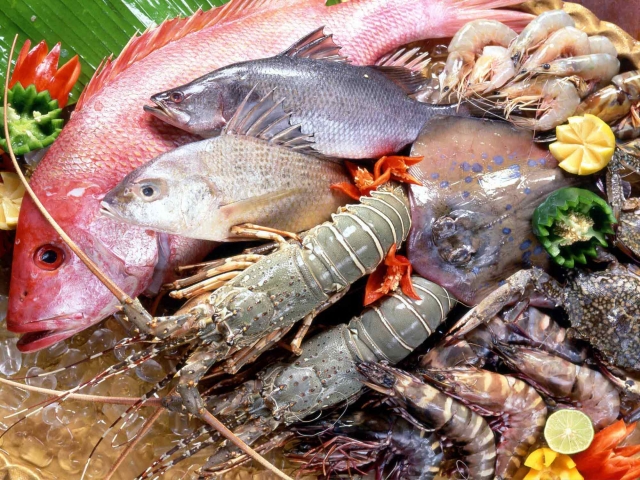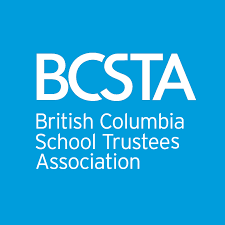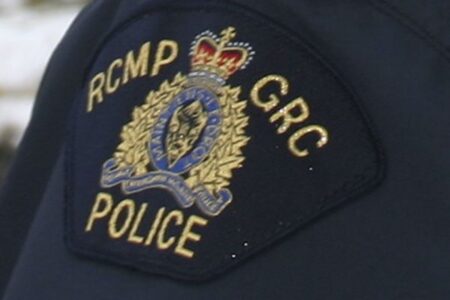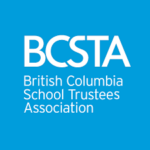Canadian supermarkets driving change on seafood sustainability: Greenpeace
A new Greenpeace ranking report shows all eight of Canada’s major supermarket chains are making progress on implementing sustainability policies that will help reduce the burden on some of the most commercially popular – but unsustainably harvested – seafood species.
The third annual report on seafood sustainability, “Emerging from the deep: Ranking supermarkets on seafood sustainability,” shows that three of the eight major chains have a passing grade and all eight have developed and begun implementing sustainable procurement policies, as Greenpeace has been urging. In the first year of the Greenpeace ranking all chains failed, last year only one passed.To continue the pressure for progress, Greenpeace has added six seafood species to its Redlist in the place of six existing species that are no longer sold by all eight chains.
“Canada’s supermarket chains are beginning to walk the talk and turning sustainability commitments to action on supermarkets shelves,” said Sarah King, Greenpeace oceans campaign coordinator. “We are seeing these retailers tighten up their supply chains, but more work is required from them before diminishing ocean life is afforded the protection it needs.”
The three chains receiving passing grades were: Loblaw 62 per cent, Overwaitea Food Group 59 per cent and Safeway 51 per cent. Chains not yet passing are: Sobeys 45 per cent, Walmart and Metro tied at 43 per cent, Federated Cooperatives 38 per cent and Costco 37 per cent.
Greenpeace scored the supermarkets on their progress on implementing their seafood procurement policies, including the removal or substitution of unsustainable Redlist species, their ability to trace seafood from ship to shelf, and how they are communicating ongoing efforts and product information to their customers.
A table in the report shows the progress made on removing from sale species from the Greenpeace Redlist. Last year, all chains sold the same six species as well as others on the list. This year with the removal of all Atlantic cod by Costco, yellowfin tuna by Overwaitea Food Group, and bottom trawled haddock and dredged Atlantic sea scallops by Walmart, the Redlist species still sold by all chains dropped to two: tropical shrimp and prawns and net-pen farmed salmon.
“The corporate momentum we are seeing is encouraging, but until what’s on the shelves reflects this shift, making a greener seafood choice is still confusing for consumers,” said King. “We are adding six species to the Redlist to remind the chains that ensuring sustainable seafood is a continual process that goes beyond species well-recognized as the worst of the worst.”
The six species/groups added to the Redlist are: king crab, monkfish, Alaska pollock, rockfish and red fish, hake, and Fraser River sockeye salmon. All these species have been overexploited, some are inherently vulnerable to fishing pressure due to their life history, and some are caught by destructive fishing methods that are also negatively impacting other marine life. The Greenpeace Redlist contains species of immediate concern, but is not a comprehensive list of all unsustainable wild and farmed marine species.
The Greenpeace report also cautions the chains and consumers to pay close attention to other products that may contain marine species, such as pet food and health supplements. To reduce pressure on our oceans, Greenpeace urges chains to ensure their sustainability policies are comprehensive, cover all relevant products and extend beyond their supermarket shelves to support ocean protection by joining the call for marine reserves.
This article is a press release from Greenpeace. The full report is attached.

























Comments